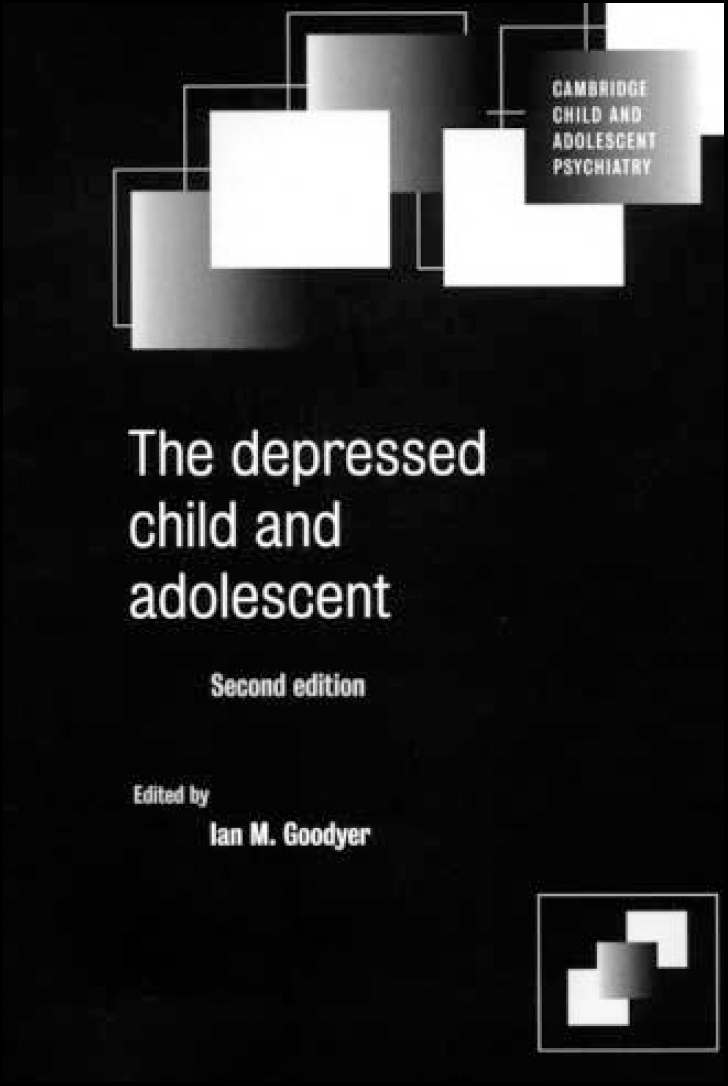
This is the second edition of a book first published 7 years ago. Twenty-seven distinguished authors review research findings in a wide range of 13 subjects, including the developmental precursors of depression, physiological and family and genetic factors, mood regulation, clinical phenomenology and psychopharmacology. Comorbidity is discussed, especially in relation to anxiety disorders, and there are interesting short accounts of some possible relationships between depressive and bipolar disorders and attention-deficit hyperactivity disorders. Obsessive—compulsive disorder, another condition with striking cognitive and mood components that sometimes responds to antidepressant medication, might be mentioned in future editions, especially as there is an interesting chapter on the development of emotional intelligence. The chapter on psychotherapy points out the need for more interventions to be designed for this age group rather than adapted from work with adults, for a fuller understanding of risk and predisposing factors and for more outcome studies. It would be nice to think also that future editions might have more studies of psychosocial interventions available to review. However, this edition is comprehensive, within the limits of the research work available. It is accessibly written and I strongly recommend it as a complement to more clinically focused books.
The book begins with a chapter on the history of the subject by William Parry-Jones, who was the inspiration for the series in which it appears, and this volume is dedicated to his memory.



eLetters
No eLetters have been published for this article.